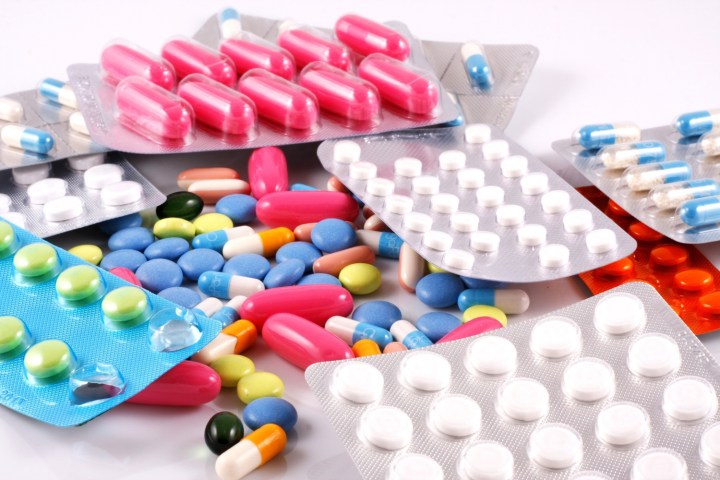
CRISPR has been making waves over the past few years, leading to what some are calling the “CRISPR Revolution,” impacting industries from healthcare to agriculture. Initially borrowed from bacteria, which use CRISPR as an immune defense against viruses, the gene-editing tool works by recording snippets of the attacker’s DNA, so that the bacteria can recognize and eliminate future invaders.
In his lab at the University of Wisconsin-Madison, Jan-Peter Van Pijkeren hopes to use CRISPR to deceive a nasty germ called Clostridium difficile. It may sound unfamiliar to most people but it’s nonetheless a risk to hospital patients. Studies have shown C. difficile to be the cause of almost half a million infections and 15,000 deaths in the United States, topping the U.S. Centers for Disease Control and Prevention’s list of drug-resistant threats.
Van Pijkeren’s plan is to develop a virus that can carry a customized CRISPR message into the human body by packaging it into a swallowable probiotic pill. When the pill passes into a person’s intestinal tract, the virus would exit and infect any C. difficile in the area, delivering a false message that causes the bacteria to self-destruct. Though the pill hasn’t yet been tested in animals, previous studies have shown that similar methods work, reports MIT Technology Review.
Sweeping antibiotic use — which kills off both good and bad bacteria — sets the stage for drug-resistant bacteria. As such, C. difficile will be a persistent problem, according to Herbert DuPont, director of the Center for Infectious Diseases at the University of Texas. “As long as we house patients together in a hospital or in a nursing home and we give a lot of them antibiotics we’re going to have a problem with C. difficile,” he told Technology Review. Research into other methods to eliminate harmful bacteria are desired, even if it may take years before they replace today’s antibiotics.


